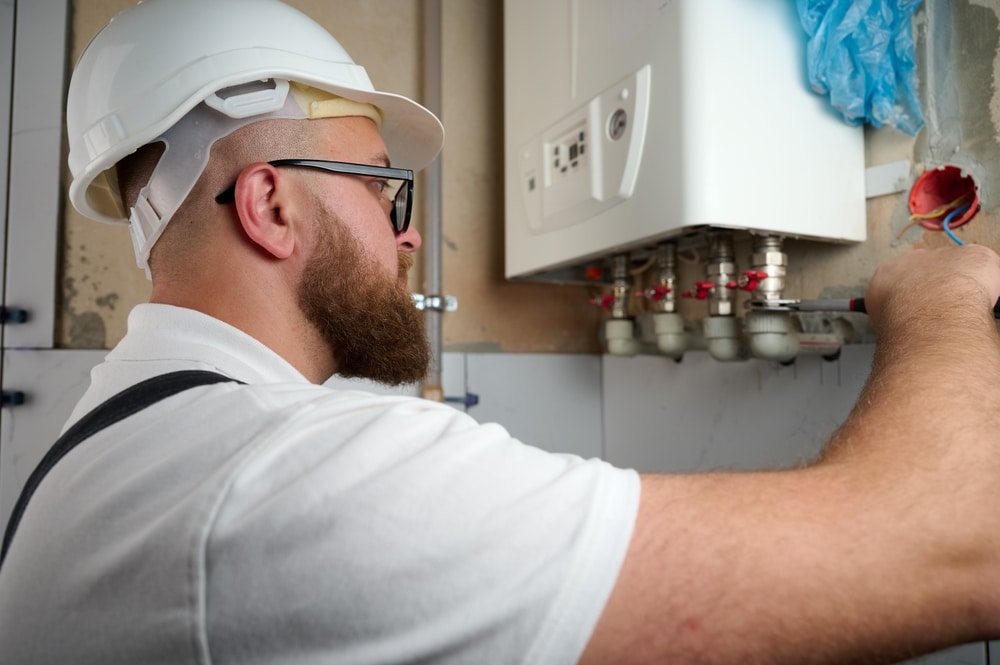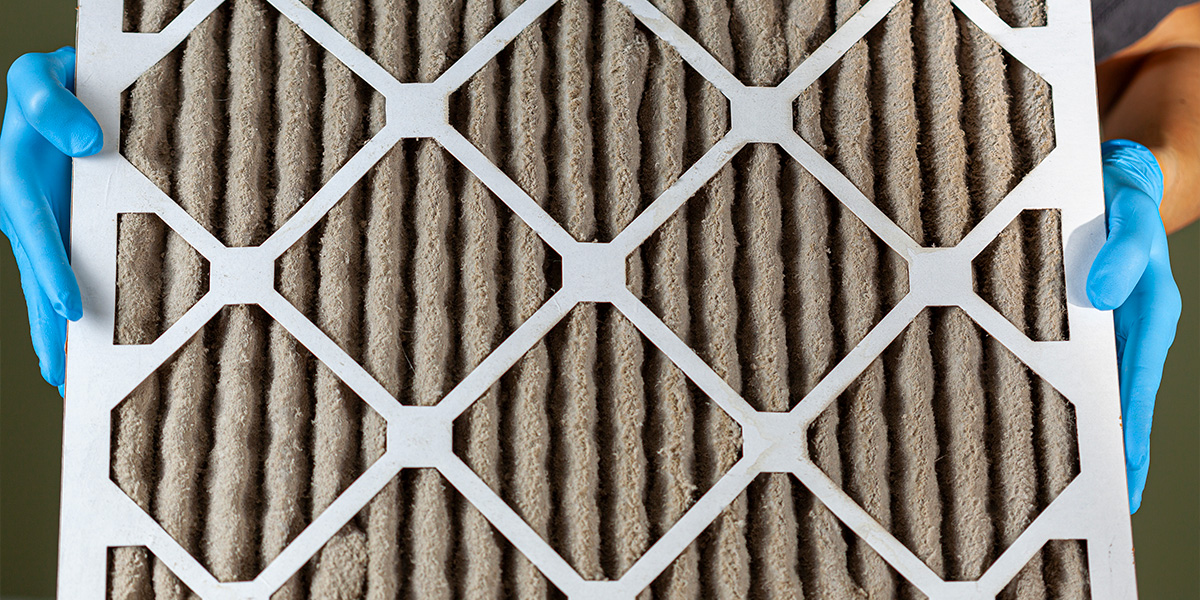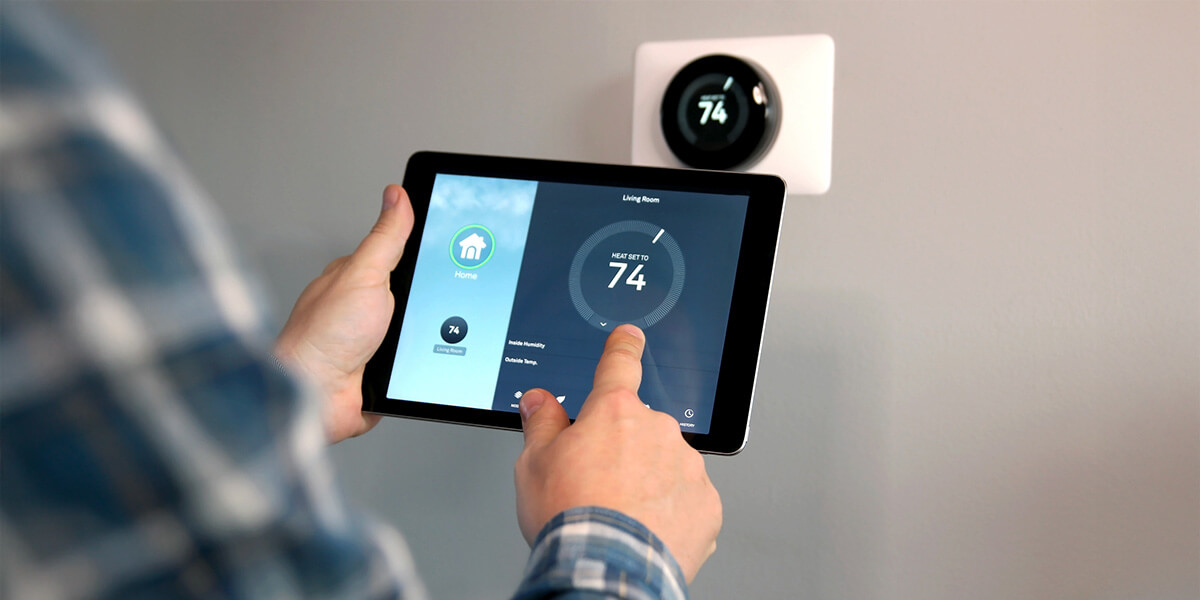
A crucial aspect of navigating the cold winters throughout central Kentucky is having the right heating system for your home. No Kentucky homeowner wants to deal with a lackluster heating system when temperatures hit extreme lows. Traditionally, homeowners have favored one of two heating system options: the boiler or the furnace.
When it comes to the long debate of a boiler versus a furnace, it’s all about coming to a decision that’s right for your home. GreenBox Home Services is here to break down the key differences between the two. This way, you can make an informed decision for the benefit of your home.
What Is a Boiler?
Boiler systems use radiant heating as a way to heat, compared to forced-air heating systems. Through radiant heating, boilers emit heat through radiators, baseboard heaters, or in-floor piping in a room to send out heat waves through a given space. Boilers can be found in gas, oil, and electric varieties.
What Is a Furnace?
Furnaces work a little differently, as they are a forced-air heating system. Furnaces burn either natural gas, oil, electricity, or propane to heat a home. Once the air is heated within the furnace, it’s distributed throughout the home via the ductwork. Furnaces can typically be found within a home’s closet, basement, attic, or crawl space.
Boiler and Furnace Comparison
The “boiler vs furnace” debate boils down to differences in these six factors:
- Heating Method
Boilers and furnaces aren’t the same. Boilers provide radiant heat by water or steam while furnaces warm air, which is then circulated through air ducts.
- Energy Efficiency
The energy efficiency of a boiler and furnace is measured by annual fuel utilization efficiency (AFUE). These heating systems are measured by the percentage of which the home uses the heating provided. If an AFUE is 85%, the home uses 85% of the heating provided by the system with the other leftover percentage being lost.
In terms of energy efficiency, furnaces tend to have a slight edge over the boiler. Furnaces can reach up to 98.5% AFUE while boilers can reach 95%.
- Comfort Levels
Boilers are often favored when it comes to comfort levels. The radiant heating style evenly distributes heating while the forced-air method of a furnace tends to rise to the top of each given room. Boilers make their provided comfort much easier to enjoy.
- Maintenance
In terms of maintenance, boilers are the easiest of the two systems to deal with. Boilers still require annual maintenance, and vent cleaning is required. Furnaces require more frequent maintenance and have other considerations boilers don’t have. Furnaces need to have their filters changed every one to three months and they also need to be tested for carbon monoxide.
- Lifespan
A well-maintained furnace can last between 15 to 20 years while a boiler can last up to 30 years.
- Cost
Boilers have a higher upfront cost but since they also require less maintenance and have fewer moving parts, ongoing costs are much lower. Furnaces are cheaper at first but the ongoing costs of maintenance make them more expensive after installation.
Pros and Cons of Boilers
Here’s a side-by-side comparison of the pros and cons of a boiler heating system:
Pros
- Even, consistent heating
- Quiet operation
- Favors homes with radiant flooring or radiators
- Less ongoing maintenance
- Longer lifespan
Cons
- Takes longer to heat up
- More expensive to install
- Potential for leaks
- Problems can lead to unpleasant sounds
- Slightly lower energy efficiency
Pros and Cons of Furnaces
The pros and cons of a furnace heating system include:
Pros
- Heats spaces faster
- Lower installation cost
- Can be combined with central air conditioning systems
Cons
- Can dry out indoor air
- Requires ductwork, allowing the possibility of air leaks
- Can spread allergens and dust
- More ongoing maintenance and costs
Factors to Consider When Choosing
Reaching a solid decision for your home when it comes to the “boiler vs furnace” debate isn’t a simple one-answer-fits-all question. A consideration of these factors should help you come to a solidified decision as to which system is right for your home.
- Climate. Is your area prone to cold, long winters, or milder conditions? A boiler is better for colder climates.
- Existing Infrastructure. Does your home already have ductwork or radiators? Depending on which, you might want to opt for the system that’s most compatible with your current layout.
- Personal Preferences. Do you prefer forced air or radiant heat?
- Energy Source Availability. What fuel types (gas, oil, electricity) are available and affordable in your area?
Schedule a Consultation With GreenBox
While they serve the same purpose, boilers and furnaces differ in their heating delivery method. With that, comes a series of advantages and disadvantages for each style of heating system. Homeowners should assess their needs, budget, and local climate before making a decision.
Picking the right heating system for your central Kentucky home just became easier with GreenBox Home Services. Schedule a consultation with us today so we can walk you through all of these considerations and grant your home the best heating option available. We can also further assist you with all of your other heating needs.







